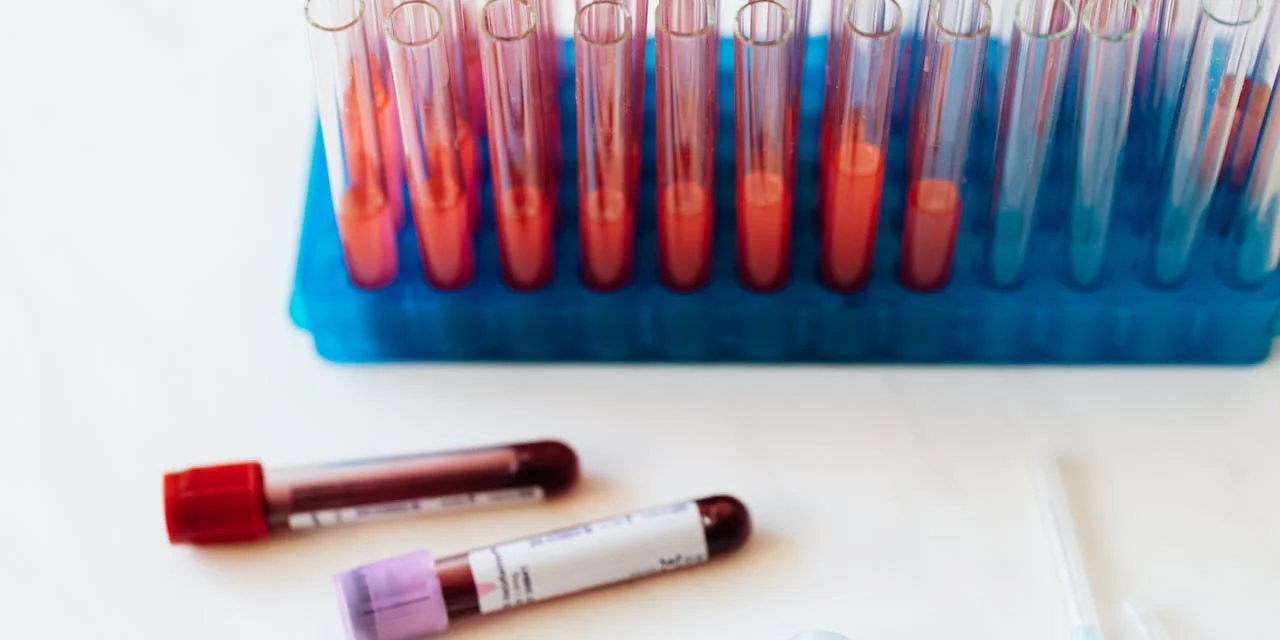
Epsilogen and Lonza Achieve Breakthrough in Manufacturing IgE Antibody for Ovarian Cancer Treatment Epsilogen, a leader in developing IgE antibodies for cancer therapy, and Lonza, a global partner in pharmaceutical manufacturing, have announced the successful completion of Good Manufacturing Practice (GMP) manufacturing of MOv18 IgE, Epsilogen’s primary IgE antibody drug candidate. This accomplishment, achieved in less than ten months at Lonza’s Slough site in the UK, signifies a major advancement in therapeutic IgE antibody production at scale.
IgE antibodies offer promising alternatives to conventional IgG antibodies due to their enhanced potency, extended tissue half-life, and ability to target tumor cells expressing low antigen levels. This milestone marks the first time GMP manufacturing of a therapeutic IgE antibody has been accomplished at this scale. Epsilogen plans to utilize this material for its upcoming Phase Ib study in platinum-resistant ovarian cancer patients, slated to commence later in 2024.
Dr. Tim Wilson, CEO of Epsilogen, emphasized the significance of this achievement, stating that it represents a major step forward in harnessing the potential of IgE antibodies as novel cancer therapies. He highlighted the collaborative effort between Lonza and Epsilogen, leveraging Lonza’s expertise to overcome the unique challenges associated with manufacturing IgE antibodies.
Stefan Egli, Global Head of Mammalian Biologics at Lonza, underscored the strategic value of their tailored manufacturing services in facilitating the rapid production of MOv18 IgE. He emphasized Lonza’s commitment to supporting Epsilogen’s innovative approach to cancer treatment.
MOv18 IgE targets the folate receptor alpha (FR alpha) antigen and is currently the only IgE antibody in clinical development for ovarian cancer. Epsilogen has completed a Phase I safety study demonstrating the safety and tolerability of MOv18 IgE in platinum-resistant ovarian cancer patients, with evidence of anti-tumor activity reported. These findings were published in Nature Communications, further validating the potential of IgE antibodies as a promising therapeutic modality for challenging-to-treat cancers.





